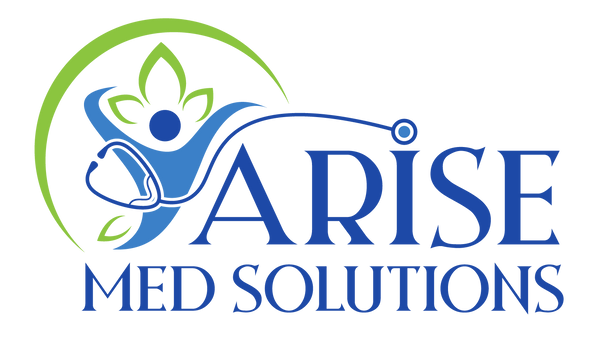Challenges in Medical Device Manufacturing: Overcoming Key Obstacles
Share
The medical device manufacturing industry plays a critical role in advancing healthcare. However, the sector faces several challenges, from quality control to regulatory compliance, all of which impact the production, cost, and availability of medical devices. In this blog, we will explore the key challenges faced by manufacturers and how companies can address them effectively.
Quality Control and Consistency
Quality control remains one of the most pressing challenges for medical device manufacturers. According to the FDA and Medical Device Network, ensuring that each product meets rigorous standards is vital for patient safety and regulatory approval. Manufacturing medical devices involves complex processes that require precise execution at every stage, from materials sourcing to final assembly.
To ensure consistent quality, manufacturers must implement strict quality management systems (QMS) that adhere to ISO 13485 standards, which are globally recognized for medical device manufacturing. Automation in production lines, such as the use of robots for precision assembly and testing, is also being adopted to enhance consistency and reduce human error.
Regulatory Compliance
Navigating the complex landscape of regulatory compliance is another significant challenge. Medical device manufacturers must comply with local, national, and international regulations to ensure their products are safe and effective for public use. The FDA in the U.S. and the European Medicines Agency (EMA) in Europe have stringent guidelines that manufacturers must follow.
One of the most common hurdles is the lengthy process of obtaining regulatory approval. For instance, the FDA’s 510(k) approval process, which is required for most medical devices, can take several months or even years. Compliance with ISO 14971 for risk management, the FDA’s Good Manufacturing Practice (GMP) regulations, and CE marking in Europe requires ongoing efforts to meet evolving standards.
Supply Chain Disruptions
Medical device manufacturers are highly dependent on a global supply chain for raw materials, components, and finished products. Disruptions to the supply chain, whether due to geopolitical tensions, natural disasters, or the recent COVID-19 pandemic, can severely impact production timelines and costs.
To mitigate this risk, manufacturers are increasingly turning to strategies like nearshoring or diversifying their supply chains to avoid bottlenecks and disruptions. Adopting digital supply chain management systems can also help optimize inventory, forecast demand, and ensure timely delivery of materials.
Technological Advancements
Innovation in technology presents both opportunities and challenges for medical device manufacturers. The integration of advanced technologies such as 3D printing, robotics, and AI-driven automation is helping to improve manufacturing efficiency and reduce costs. However, integrating these technologies into existing systems can be challenging and costly. Manufacturers must carefully assess the cost-benefit ratio before adopting new technologies.
By embracing technological advancements while managing quality and compliance, medical device manufacturers can stay competitive in an increasingly complex market.
Sources:
- Medical Device Network: Challenges in Medical Device Manufacturing
- FDA: Medical Device Regulations
